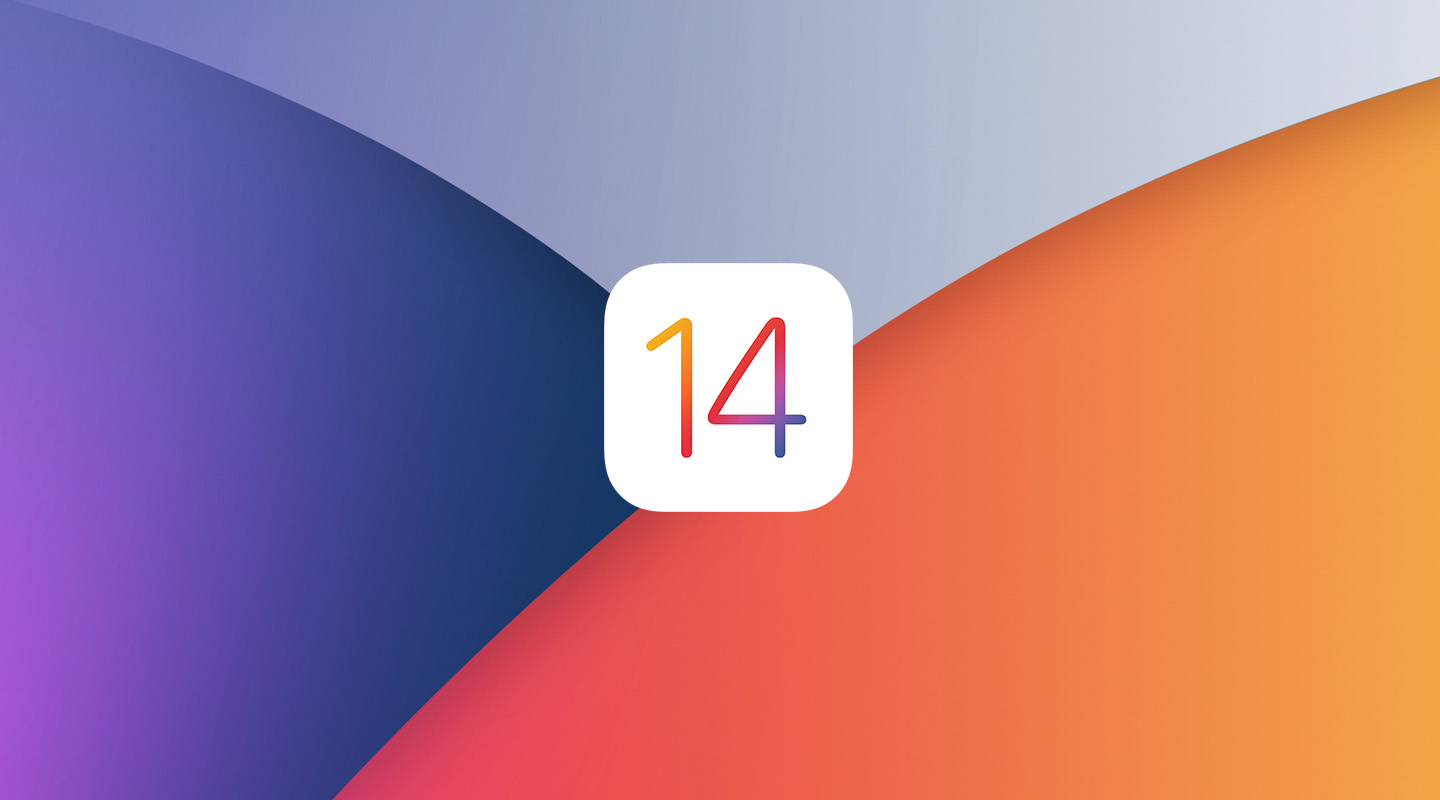
This article will discuss the update in detail, how it will affect businesses, and the different ways to maintain effective marketing despite these changes.
Firstly, what changes does the update bring?
The most notable changes are within Apple’s App Tracking Transparency Framework (ATTF). This concerns Apple’s privacy and data sharing policies. Apple is giving the consumer more freedom to protect their privacy. For example, before IOS 14, in order to turn off data sharing, a user would need to go into the settings app and manually switch it off through the privacy section.
Most people do ont take the time to go through this hassle nor would most people even be aware of the function. However, whenever an app is downloaded from the App Store now, a pop-up will appear asking permission to track the user’s activity over different apps and websites. Understandably, it is likely most people will not like the idea of their actions being tracked, so they will deny the request.
Now, why is this an issue for businesses?
Well for many businesses, social media is their main platform of advertisement. Due to the pandemic, 44% of small businesses are using personalization to keep afloat. IOS 14 strips businesses of the chance to create traffic and leads by giving the consumer this new power.
Small businesses can no longer take advantage of targeted ads which can bring in customers who have viewed their product, bought a similar product, or even just browsed the company’s page. This could lead to a huge decrease in sales for many businesses.
How does this affect Facebook marketing?
Before the update, Facebook could track user activity through Facebook Pixels. These pixels would notify Facebook when a user visited the businesses site. This information could then be sorted as data for the businesses use. This was a useful tool to get insights on how successful your advertisement was.
However the new update reduces the number of pixels allowed to eight. Of course, this reduces the amount of data available for companies – even before considering that those who do not give permission for data sharing cannot be tracked by pixels at all. These factors will reduce the effectiveness of Facebook Marketing dramatically. In fact, through Facebook’s own research, they believe that small business sales could drop by 60% due to the loss of personalisation.
5 WAYS TO COMBAT IOS 14 TO Combat IOS 14
1.Enable Facebook SDK
Facebook recommends updating your Facebook SDK (software development kit) for IOS to version 8.1 or 9. SDK. This allows for a group of tools to be brought together to enable the programming of mobile applications. Doing this means you can:
• Deliver more personalised ads to iOS 14.5 and later users.
• Continue to measure app install ads.
• Optimise for mobile app installs, app event optimisation and value optimisation.
• Optimise for app installs and event optimisation with automated app ads.
• Send the advertiser tracking-enabled flag with app events to share user consent status.
• Share app events from iOS 14.5 and later users if the Advertiser Tracking Enabled flag is sent and set to true.
2.Try New Tracking Strategies
Facebook is not the only way to track data. You can use your own website’s tracking system to allow you to monitor where users are coming from and their actions on your site. Perhaps you could even try tracking the traffic your ads generate. Despite manual data collection not being the best way, it is a useful tool to numb the effects of the update.
3.Decide on Your 8 Most Important Events
Due to the cut in pixels allowed you must prioritise eight events. This is crucial as when a user completes two or more events on a website only the higher priority event will be reported. Facebook automatically selects eight high priority events, so to change this, go to the events manager tab and rank them in an order you see fit.
4.Enable Value Optimisation
Due to IOS 14, Facebook will track fewer users. As well as this, Facebook has changed who is able to use value optimisation (VO). VO is used by advertisers to bid for the highest-value users or the users who are most likely to take the desired action on a website. However, this function isn’t available for everyone.
There are multiple requirements to qualify for its use:
• Have an active pixel, product catalogue, or Software Development Kit (SDK)
• Prioritize purchase events
• Have more than 100 optimized purchases in the previous 10 days
• Have more than 10 distinct purchase amounts in the last 7 days
Go to the events manager to enable this feature if you meet the requirements.
However, enabling this tool will account for four out of eight of your pixel events and custom conversions.
5.Verify your domains and enable conversions API (application programming interface)
To prevent the misuse of Ad accounts, Facebook is encouraging businesses to verify their domain. To do this, access your Facebook Business Manager account, open Brand Safety, and select Domains. Then simply enter your website’s URL. Conversions API once enabled, will then allow data collection without the use of cookies (meaning no restrictions). While it does not offer every solution, it does allow valuable opportunities for optimisation.
In conclusion, a lot of the concerns from business owners are completely justified. However, there are plenty of other methods that can be used to maintain good marketing for businesses. Marketers have overcome bigger changes in the past. Explore other digital marketing options to ensure you and your company can thrive despite the changes brought on by IOS 14.
Sources:
https://ignitevisibility.com/apple-ios-14-update-impact-on-marketing/
https://www.atinternet.com
https://www.socialmediaexaminer.com/how-marketers-can-respond-to-apple-ios-14-privacy-update/
https://www.facebook.com/business/help/2750680505215705?id=428636648170202
https://adespresso.com/blog/apple-ios-14/amp/

